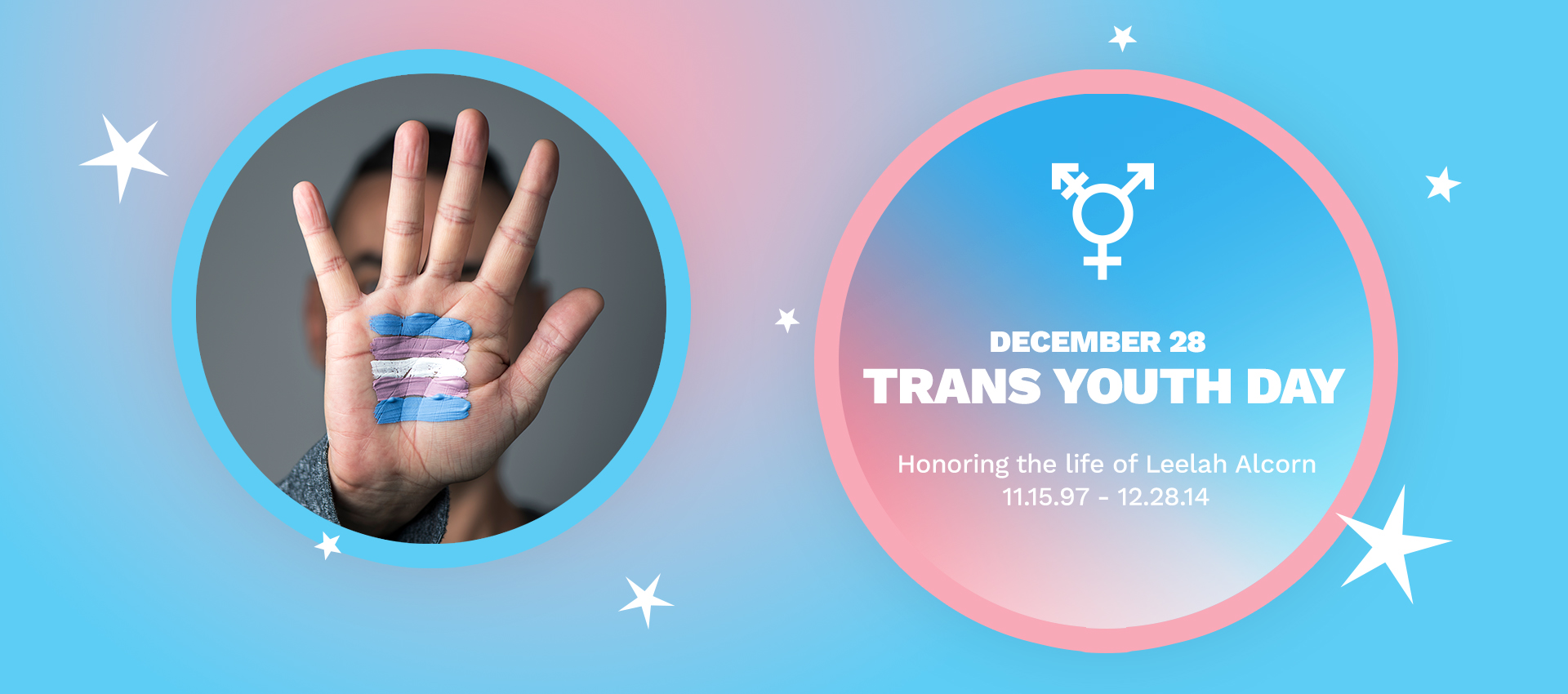Since 2007, we celebrate World Contraception Day on September 26 to emphasize the importance of contraceptive access around the world.
Birth Control Access
There are many barriers that may prevent a person from accessing contraceptive options, including cost, transportation, childcare, and stigma.
To overcome these barriers, over 100 countries in the world have made birth control pills available over the counter, making them more accessible to all.
Recently, the FDA approved the first over-the-counter (OTC) birth control pill for use in the U.S.
OTC Birth Control Pills
Offering birth control options without requiring a prescription expands access to contraceptives.
For some, even making a doctor’s appointment can be hard, let alone having a flexible schedule to attend the appointment to get a prescription. Even with telehealth appointments for contraceptive visits, some individuals still cannot access birth control through traditional avenues.
In fact, 1 in 3 women report facing barriers when trying to obtain a prescription for birth control in the United States. These barriers have the hardest impact on historically marginalized communities, including BIPOC, LGBTQ+, disabled, and rurally located individuals.
As such, offering the pill over the counter helps to ensure equal access to contraceptives.
What’s the “right” method?
There is none!
The best contraceptive method is the one that works best for you, your life and your needs.
Medical providers might push for a particular method they feel is more effective. Although medical providers are there to guide patients toward making good healthcare decisions, if you feel like your needs and concerns are not being addressed, you may want to find a new provider.
Inclusive Contraceptives
Many times, the discussion around birth control is centered only on the people with the ability to get pregnant. In doing so, we leave out an entire population of individuals who could benefit from the same information.
All genders need to be educated about contraceptives so they can learn how to protect their sexual and reproductive health.
Even if a particular method may not be a viable option for someone, if we provide everyone with inclusive contraception education, they are able to share valuable information with others.
World Contraception Day celebrates the importance of access to contraceptives across the world and prompts us to reflect on what we can do to make birth control more accessible to all who want it.
Take control of your health by finding a healthcare provider that will listen to your contraceptive needs.



